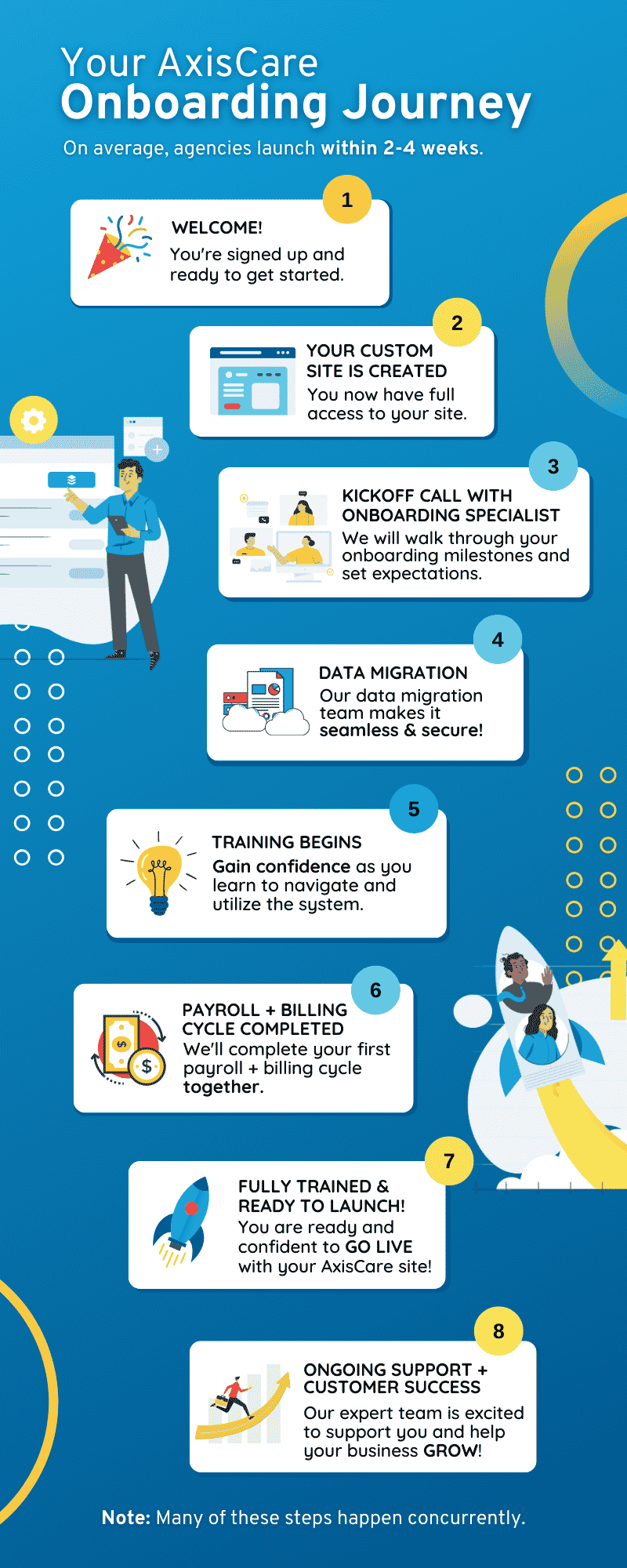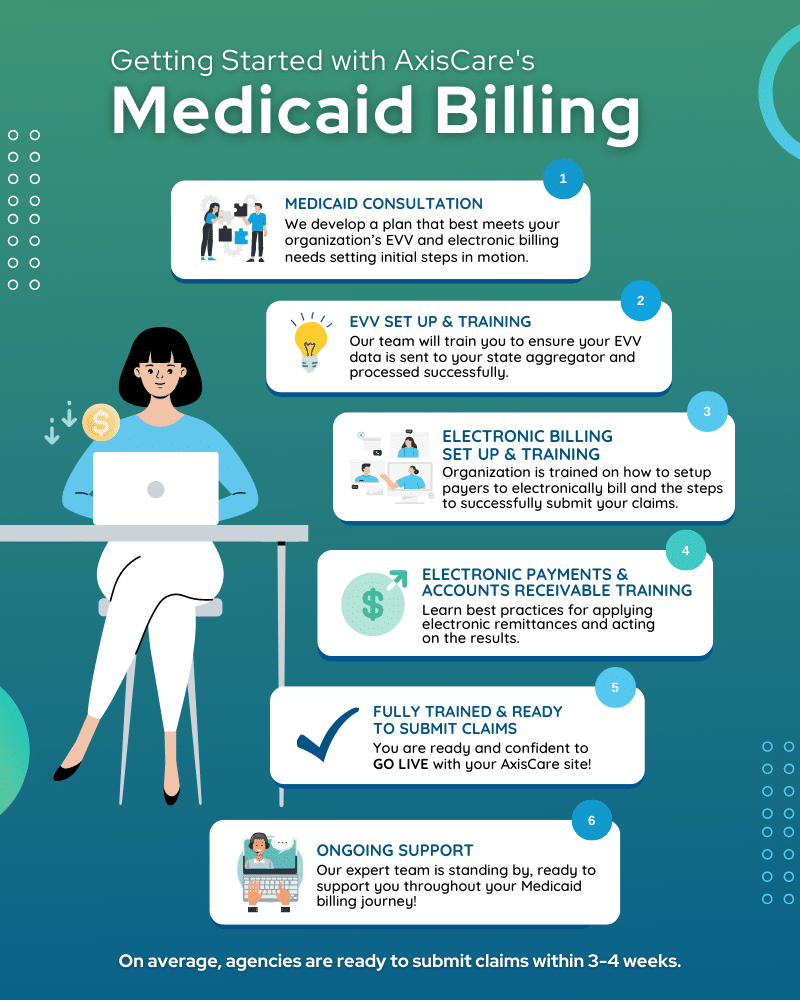Understanding Developmental Disabilities in Adults
Intellectual and developmental disabilities (IDD) are lifelong conditions that may be diagnosed at birth or emerge during early childhood development. They impact how people communicate and learn, particularly when it comes to socializing, reasoning, and adapting to everyday life.
These disabilities encompass a broad range of conditions that can affect individuals in various ways. Some people may experience communication, learning, or social interaction challenges, while others may have physical, sensory, or cognitive differences. Though there are a wide range of individuals with conditions that fall under the IDD umbrella, examples of conditions include:
- Down syndrome
- Autism spectrum disorder
- Cerebral palsy
Though these represent only a portion of the broader IDD community. Each person’s experience is unique, and support needs can vary widely depending on the individual.
In most cases, intellectual and developmental disabilities exist on a spectrum. Some individuals may be high-functioning, with few signs of their underlying condition, while others will require hands-on support for their entire lives. For this reason, IDD care must be person-centered: tailored to each adult’s abilities and needs, with plenty of patience and empathy woven into every visit.
Understanding the Core Principles of Supportive Care
While intellectual and developmental disabilities are lifelong conditions, care and support can still promote growth, skill-building, and greater independence. IDD care is about honoring each individual’s uniqueness to maximize quality of life while supporting the person’s dignity and freedom.
Requiring support does not diminish a person’s agency or right to self-determination; individuals with IDD have the same rights as anyone else, no matter their abilities. They should therefore still be closely involved in all decisions surrounding their care, unless severe cognitive limitations prevent them from doing so.
IDD care should empower individuals to participate in important decisions and make everyday choices, whether it’s choosing what to wear or how they spend their time. Encouraging independence at every level builds confidence and self-esteem, leaving them with greater control and the knowledge that their opinion holds value.
Creating a Person-Centered Plan
Person-centered care hinges on the belief that you must consider the whole human beyond their medical needs. This can include personal beliefs, preferences, cultural background, lifestyle, and goals surrounding education, work, or hobbies. Regardless, the individual’s voice should always guide the way.
A person-centered plan should always address essential components such as:
- Medications
- Therapies
- Regular checkups
- Daily routines like meals and hygiene
It should also reflect the individual’s personal values, preferences, and goals. Involving the person in their plan promotes respect, autonomy, and meaningful engagement, leading to better long-term outcomes.
Building a Safe and Accessible Environment
Intellectual and developmental disabilities include various conditions, including cognitive, physical, and sensory impairments. Creating a safe and supportive environment means adapting spaces in many ways. For example, they should accommodate mobility limitations, account for safety concerns, and aim to create a comfortable environment that doesn’t overwhelm or overstimulate.
Conditions that directly impact mobility – cerebral palsy, for example – call for accessible design across everyday touchpoints. Installing grab bars in bathrooms, using ramps instead of stairs, and ensuring pathways are wide and clutter-free will facilitate movement throughout a space. Non-slip flooring and secure locks can also go a long way towards preventing accidents and instilling a greater sense of confidence.
Sensory challenges related to conditions like autism call for calming spaces with soft lighting, minimal ambient noise, and uncluttered surroundings. Visual aids like color-coded signs or labeled drawers can help people navigate better and feel more oriented within their daily routines.
Supporting Daily Living Activities
Much of a Direct Support Professional’s (DSP) job is to assist with everyday activities that may be challenging for the supported individual. Hygiene maintenance is one such task that requires an eye toward privacy and dignity. Offering step-by-step guidance and creating consistent, predictable routines can help individuals feel more comfortable and in control during a sensitive and vulnerable experience.
Nutrition management is another routine responsibility; in many cases, individuals with IDD may have dietary restrictions or sensory concerns with certain foods. DSPs and family members can involve the supported person in the meal planning and preparation by encouraging healthy choices that accommodate their needs and personal preferences.
Communication abilities will vary significantly depending on the individual’s condition. For some, a tailored approach will require using simple language and visual aids, while others may need to bring in assistive technology. In all cases, listening actively and leaving plenty of time for the individual to respond is a great way to foster trust and hold space for self-expression.
Encouraging Social Inclusion and Community Engagement
Beyond providing daily support, DSPs, families, and agencies can connect individuals to their broader IDD community, providing an additional layer of support. As organizations deeply embedded in local communities, agencies can spread the word about events, clubs, and classes that build social inclusion among these groups.
Agencies can also offer support services that help people prepare to enter the job market and maintain employment long-term. This can include:
- Job coaching
- Transportation assistance
- Building broadly applicable workplace skills
Advocacy is a central pillar of this important work—the glue that holds everything together. Agencies often act as a bridge between individuals and the wider community, facilitating access to countless IDD resources and opportunities. By partnering with local players like schools, employers, and other organizations, providers can help foster inclusive environments where individuals with developmental disabilities are fully involved in community life.
Training and Supporting Care Staff
DSPs who support individuals with IDD require a unique blend of technical skills, emotional intelligence, and patience. To nurture these abilities, agencies must provide specialized training on behavior management, trauma-informed care, and communication.
Developmental disabilities can create challenges with communication and/or emotional regulation. The proper training will help DSPs understand the root causes of these behaviors and develop empathy. DSPs should also be shown how to de-escalate situations safely without resorting to punitive measures in emotionally intense situations.
In some cases, IDD is associated with instances of abuse, neglect, or other forms of trauma. Trauma-informed training fosters trust between the DSP and the person supported, from recognizing stress responses and triggers to creating a safe and stable environment where mutual respect and ease can thrive.
Finally, communication-centric training is a must for all staff, especially those who serve individuals who are nonverbal or limited in self-expression. Emphasis on active listening as a trust-building strategy and training on augmentative and alternative communication (AAC) tools is foundational knowledge for professionals in this role. Additionally, tips on adapting vocabulary and language to different comprehension levels will give DSPs a communication framework that respects and benefits the individual.
Enhance Support for Adults With Intellectual and Developmental Disabilities With AxisCare
Caring for adults with IDD requires a balance of compassion, consistency, and coordinated support. AxisCare empowers agencies by simplifying operations, enhancing care coordination, and supporting person-centered care delivery so your team can focus on what matters most: the individuals you serve. Request a free demo to learn more.









